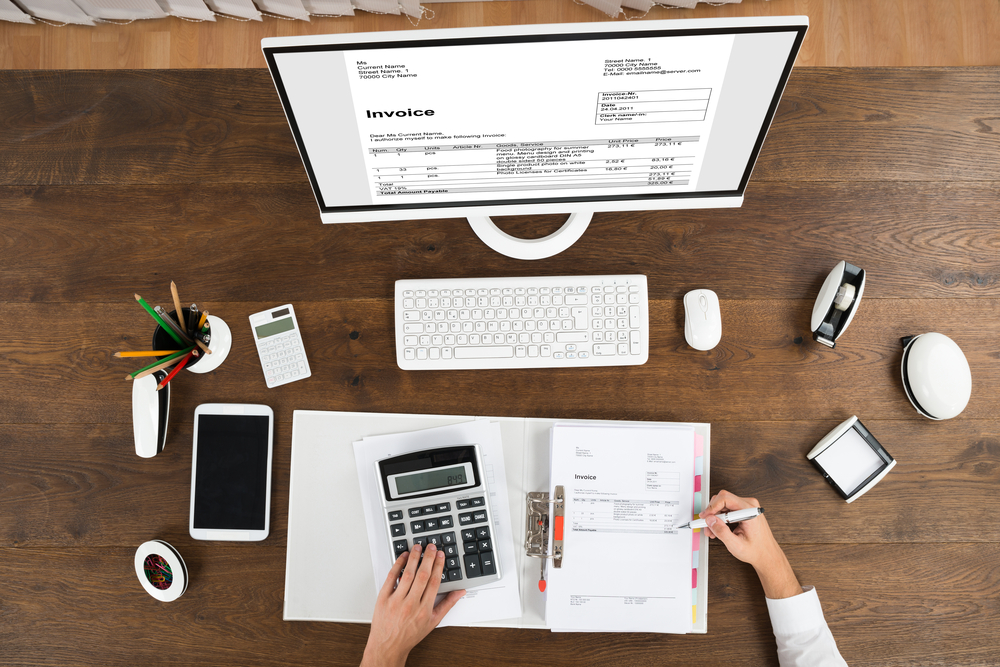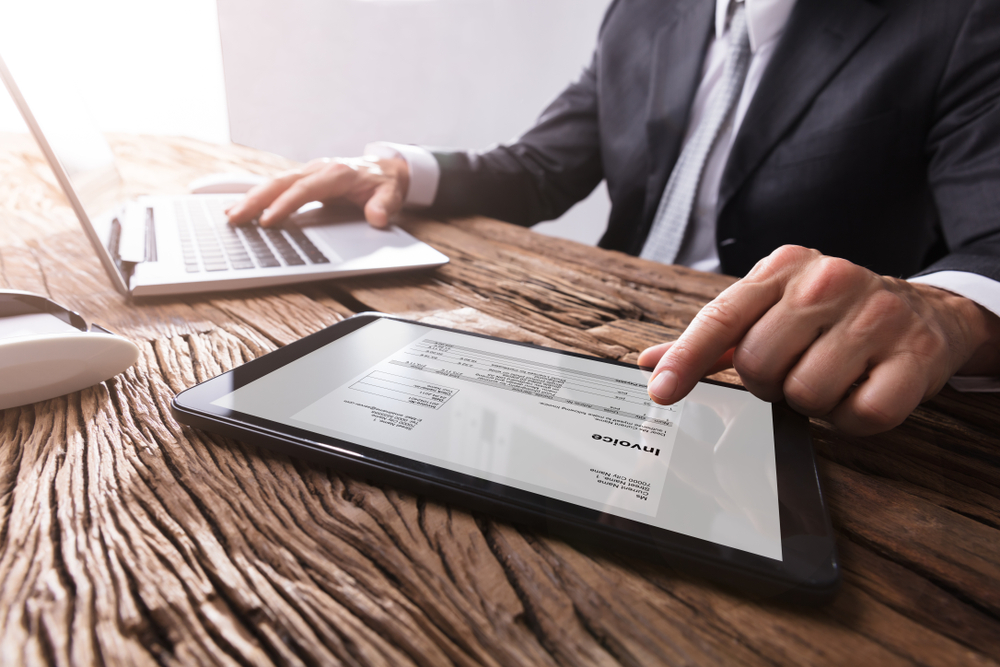
Hopefully most of you will know that Making Tax Digital (MTD) came into effect from 1 April 2019, meaning that all VAT registered businesses trading over the VAT registration threshold of £85,000 will now need to submit their VAT returns using a compliant software. Those affected should now have suitable software in place. If not, seek assistance from your professional advisor as soon as possible.
In time, the requirements are likely to extend to all businesses, including individuals with a property rental business. Don’t think because you’re not VAT registered, you can just forget about it forever! You should also monitor your turnover to make sure that you haven’t reached the compulsory registration limit; that could result in a double whammy of non-compliance!
The VAT registration threshold has been frozen for a couple of years at £85,000, and is likely to continue to be so. You should monitor your last 12 months of turnover, particularly if your sales are close to £85,000.
You will not be surprised to hear that the point of the additional compliance is to collect more tax! Globally, governments are introducing initiatives to close the tax gap i.e. the shortfall between what should be collected and what is actually collected. In some ways, the UK government is tackling the issue in a more conservative way than other countries, even though an EU report estimates a UK VAT tax gap of €22bn.
Governments across Europe are acting to address their own vast VAT gaps and implement digital reform. Italy appears to be leading the way by mandating business-to-business (B2B) e-invoicing. Whilst this might seem a good idea, there isn’t a common approach across countries, and companies trading internationally will find it difficult to comply with varying legislations and reporting requirements.

Bearing in mind the sophistication of digital systems, it’s perhaps surprising that many businesses’ payment processes are lagging behind. Invoices are still being received in a variety of formats, including paper, pdfs and emails.
Some accounting departments have been slow to introduce automation, which inevitably can lead to inefficiencies, error, duplications and, potentially, fraud. According to sources, 64% of B2B payments are still made with cheques, compared to 67% of consumer payments being made electronically.
Whilst businesses need to improve accounting processes, governments have begun to require companies to use electronic invoicing, as they can no longer ignore the leakage of tax revenues. Traditionally, most of Europe allows businesses and their suppliers to exchange invoices freely, but then require them to prove their accuracy up to 10 years later. In contrast, the clearance model puts
the tax administration at the heart of the transaction. It will require each invoice to be electronically monitored by the tax authority in real time, reducing tax leakage.
Chile was an early adopter, putting in place a partial system in 2003. By 2018, companies of all sizes were required to submit invoices through the government platform. Many countries have followed suit; Mexico is the leading country worldwide, and has increased its tax collection by 34%. In Europe, Italy leads the way, motivated by its tax gap of €36bn. As the UK and other European countries move towards their own systems, they will no doubt monitor the Italian model with a view to learning from any problems that have been encountered.
Hopefully, most businesses will begin to realise that the move to online invoicing is inevitable. There are platforms available already, which will improve efficiencies in the future.
The accounting world is moving on rapidly!
If you have any queries or would like more information, you can contact me on 01473 833411 or peter.glading@larking-gowen.co.uk. BGTW members qualify for 30 minutes of free accountancy advice every year.
This article is designed for the information of readers. Whilst every effort is made to ensure accuracy, information contained in this article may not be comprehensive and recipients should not act upon it without seeking professional advice. “MHA Larking Gowen” is the trading name of Larking Gowen LLP, which is a limited liability partnership registered in England and Wales (LLP number OC419486). Where we use the word partner it refers to a member of Larking Gowen LLP. © MHA Larking Gowen

